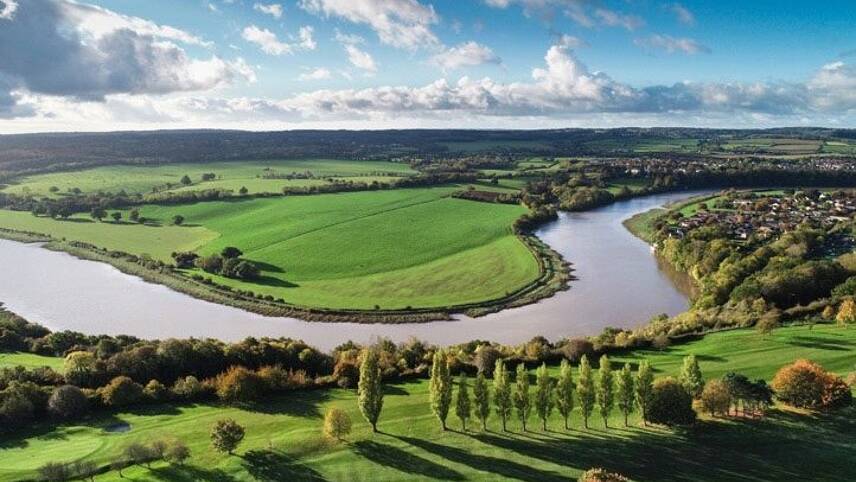Register for free and continue reading
Join our growing army of changemakers and get unlimited access to our premium content

The group will also work on adaptation definitions
The Land, Nature, and Adapted Systems Advisory Group (LNAS Advisory Group) launched today (12 April) and will work with Defra to help improve investment into sustainable agriculture and fisheries and deliver on key green policies such as halting the decline in species populations by 2030, and then increase populations by at least 10% greater than 2030, by 2042.
The LNAS Group will be hosted by the Green Finance Institute (GFI) and funded and backed by Defra, as set out in the Green Finance Strategy. It will also expand the existing work of the Green Technical Advisory Group (GTAG), which is currently designing a new UK Green Taxonomy.
Last year, the GTAG advised that the Government should implement the majority of the EU’s taxonomy for green sectors, tweaking only where definitions were deemed unsuitable for the UK. These tweaks, GTAG proposed, should be delivered through the creation of the LNAS Advisory Board.
The LNAS will now work with Defra on definitions of economic activities that can be classed as environmentally sustainable. Definitions will take into account sustainable use and protection of marine resources, transitions to closed-loop models, pollution prevention and protection and restoration of biodiversity.
Lord Benyon, Environment and Green Finance Minister, said: “To restore landscapes and ensure thriving plants and wildlife, we need to mobilise much needed investment into the natural environment and prioritise clean and resilient growth.
“The government has backed the development of this group to support long-term, sustainable nature recovery as part of our target to stimulate at least £500 million of private investment a year into nature’s recovery by 2027. These efforts will help drive a step-change in private finance and address the urgent issue of nature decline”.
Adaptation definitions
With agriculture contributing 0.5% of GDP to the economy, covering more than 70% of the UK land, and employing almost half a million people, the sector is crucial to boosting productivity. That it is also responsible for 11% of UK emissions means that nature is a key part in meeting the UK’s net-zero target.
The new advisory group will also develop climate adaptation elements of the new taxonomy and will consider how infrastructure and nature-based solutions fall into this category.
Last week the GFI and Defra confirmed that they would deliver a body of research outlining nature-related financial risk estimates and the impact that the climate and ecological crises could have on the UK economy.
The GFI claims the first-of-its-kind analysis will uncover the materiality of nature and how natural capital can impact financial decision making, with a focus on biodiversity loss and ecosystem degradation. The research will attempt to spell out the financial impact that nature could have on UK businesses and financial institutions.
The Green Finance Institute’s ‘Financing Nature Recovery UK’ report found that planned public spending on nature conservation and restoration in the UK for 2022-2032 is up to £97bn short of the levels needed to deliver commitments made by the UK Government and devolved governments.
Defra also recently announced a new partnership with the UK National Standards Body, BSI, to kickstart a programme designed at overcoming the barriers to investing in nature.


Please login or Register to leave a comment.